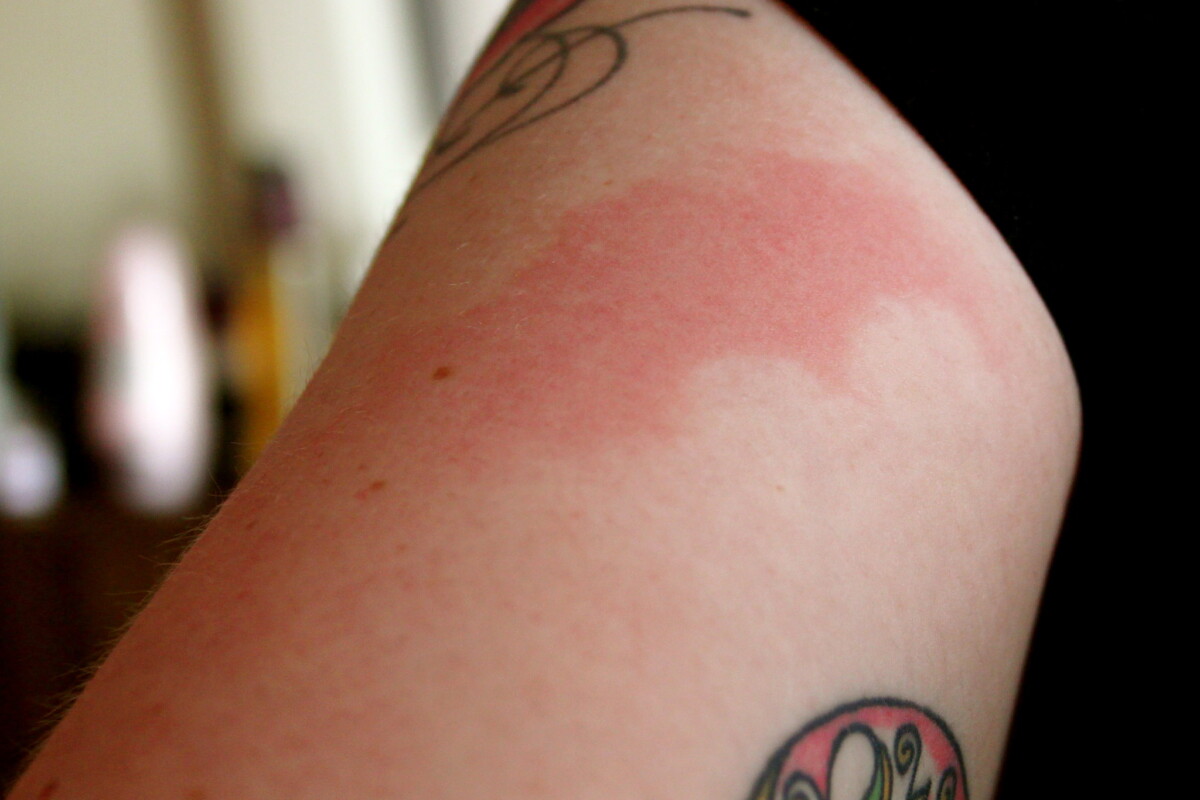Tattoos and Skin Cancer: Are They Related?
Tattoos, once a symbol of rebellion, have evolved into a widely accepted form of self-expression. Millions worldwide sport ink on their skin, signifying various personal and cultural meanings. But with the rise in popularity, concerns about the potential risks associated with tattoos have also increased. One frequently debated topic is the possible connection between tattoos and skin cancer. Through this in-depth exploration, we aim to provide clarity on this subject and address common misconceptions.
The Science Behind Tattoos
Tattooing involves inserting ink into the second layer of the skin, the dermis. The cells of the dermis are more stable than those on the outer layer, ensuring the tattoo remains virtually permanent. Here’s a breakdown of the tattooing process:
- Ink Composition: Most tattoo inks comprise pigments suspended in a carrier solution. The pigments provide color, while the carrier solution ensures the even distribution of the ink and its smooth insertion into the skin.
- The Tattooing Process: The tattoo machine punctures the outer layer of skin and dispenses ink into the dermis. These rapid punctures cause minor damage, which the body responds to by sending white blood cells to repair the area. Over time, the ink particles become trapped, resulting in the permanent design.
Debunking Myths: Tattoos and Skin Cancer
It’s crucial to differentiate between myths and facts when discussing tattoos and skin cancer.
- Ink Induced Skin Cancer: There’s currently no concrete evidence to suggest that tattoo inks can cause skin cancer. Most reputable inks used today are non-toxic and safe.
- Tattoos Obscuring Skin Cancer: A more valid concern is the potential for a tattoo to obscure a developing skin cancer or unusual mole. While this is possible, regular check-ups and self-examinations can mitigate this risk.
Latest Research and Findings
Numerous studies have investigated the relationship between tattoos and skin cancer. Key insights include:
- Tattooed Skin vs. Non-Tattooed Skin: Studies have shown no significant increase in skin cancer risk in tattooed skin compared to non-tattooed skin.
- Photoallergic Reactions: Some individuals might experience photoallergic reactions when their tattoos are exposed to sunlight, leading to itchy rashes. However, this doesn’t increase the risk of skin cancer.
- Allergic Reactions and Infections: While not directly related to skin cancer, it’s worth noting that some people might experience allergic reactions or infections from certain tattoo inks. Opting for reputable Canggu tattoo studios and following aftercare instructions can minimize these risks.

Protecting Tattooed Skin
Although tattoos don’t directly increase the risk of skin cancer, it’s essential to care for tattooed skin, especially when exposed to the sun:
- Sunscreen: Always apply sunscreen to tattooed areas to prevent fading and protect the skin from harmful UV rays.
- Moisturize: Keeping tattooed skin moisturized ensures longevity and reduces the chances of the skin drying out.
- Regular Skin Checks: Regularly check your tattooed (and non-tattooed) skin for any unusual changes or moles.
The relationship between tattoos and skin cancer remains a topic of interest and research. Presently, there’s no compelling evidence suggesting tattoos increase skin cancer risk. However, like all skin, protecting tattooed areas from excessive sun exposure is crucial and conducting regular self-examinations is crucial. For those considering getting inked, understanding the potential risks and ensuring you choose a reputable tattoo artist can go a long way in ensuring your safety and satisfaction.



